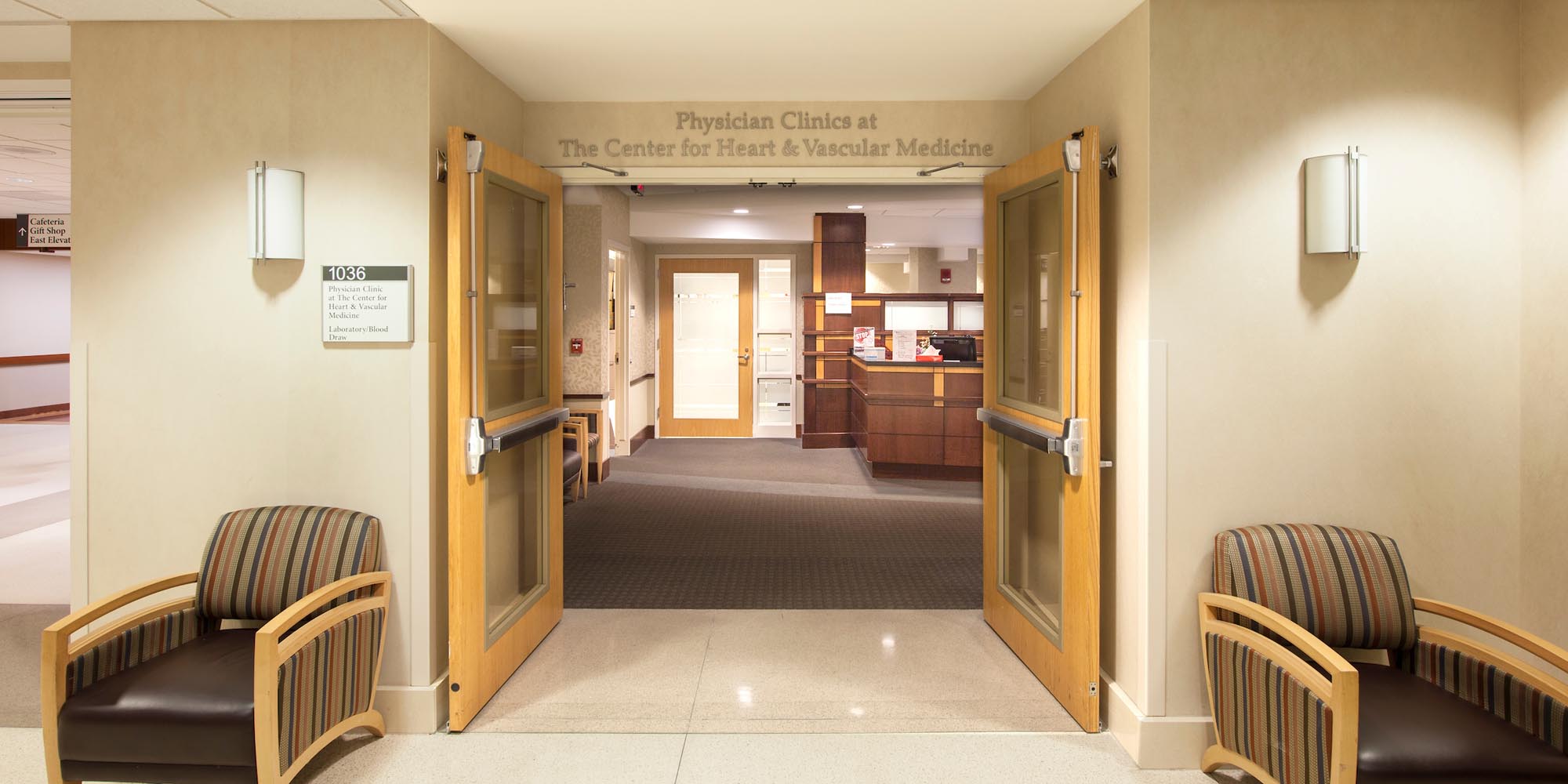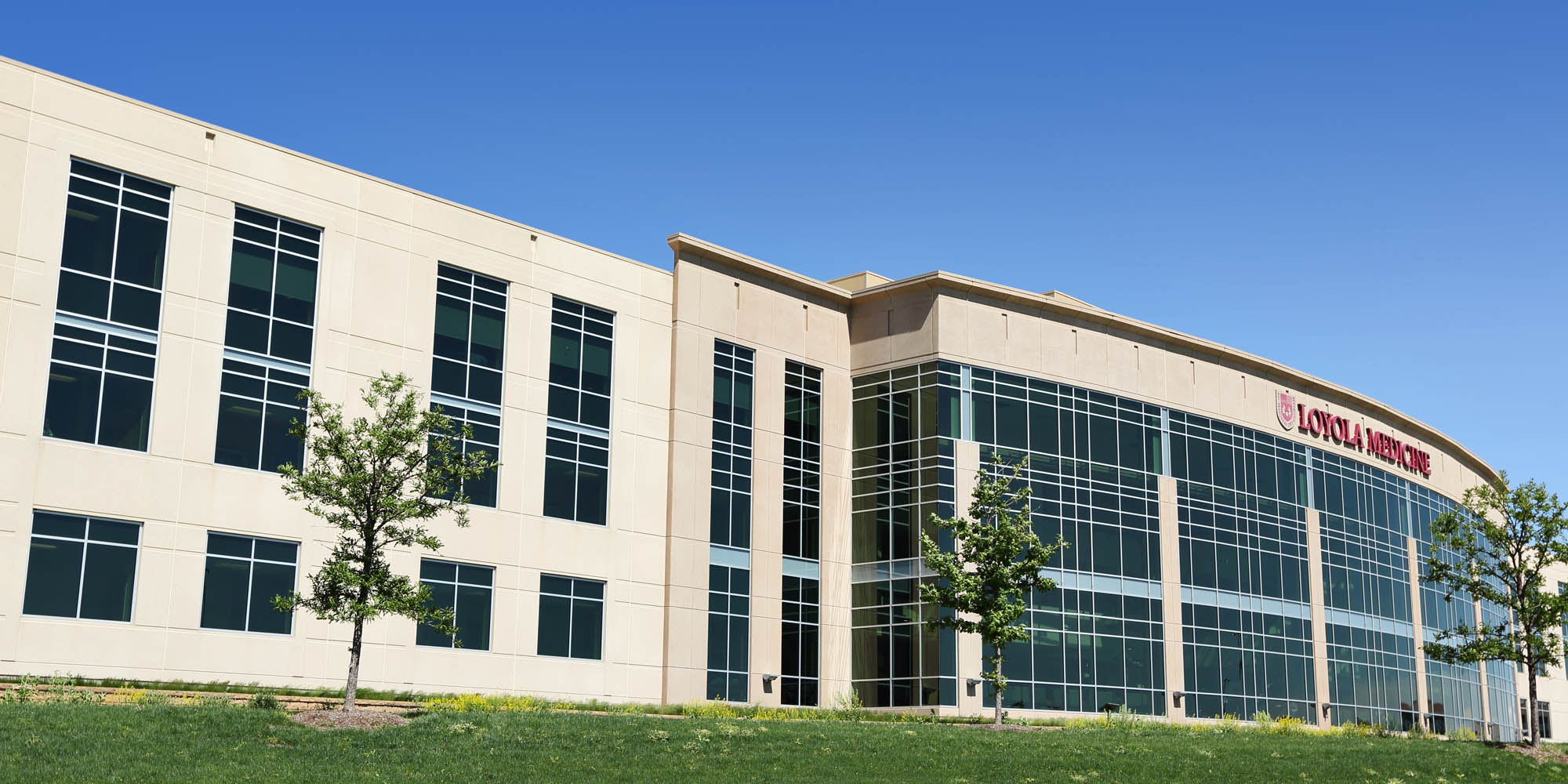Electrophysiology
What is electrophysiology?
Electrophysiology is a specialized branch of cardiology focused on diagnosing and treating heart rhythm disorders, known as arrhythmias. These conditions occur when the electrical impulses that regulate your heartbeat become irregular, causing the heart to beat too fast, too slow, or erratically.
Some common types of arrhythmias include:
- Atrial fibrillation
- Supraventricular tachycardia
- Ventricular tachycardia
- Bradycardia
- Premature ventricular contractions
Electrophysiologists use advanced diagnostic tools and minimally invasive procedures to evaluate and treat these conditions, such as electrophysiology studies to map electrical activity or pacemaker/ICD implantation to regulate heart rhythm.
Why choose Loyola Medicine for heart rhythm disorders?
Loyola Medicine is a national leader in the diagnosis and treatment of complex heart rhythm disorders. Our electrophysiology program combines cutting-edge technology with compassionate, multidisciplinary care to deliver personalized treatment plans for each patient.
- Expert team of electrophysiologists, nurses, imaging specialists, and technical staff
- Advanced procedures such as magnetically guided catheter ablation and cryoablation
- Medication management for arrhythmias including antiarrhythmics, beta blockers, and anticoagulants
- Access to clinical trials and innovative therapies not widely available elsewhere
- Specialized care for pediatric arrhythmias, including congenital rhythm disorders
Whether you're newly diagnosed or seeking a second opinion, Loyola Medicine provides comprehensive electrophysiology care tailored to your needs.
Heart rhythm conditions and treatments
- Heart rhythm disorders
- Cardiac Ablation
- Pacemakers
- Defibrillators
- Cardioversion
Our team
Locations

William G. & Mary A. Ryan Center for Heart & Vascular Medicine
2160 S. First Ave. - Maywood, IL 60153



